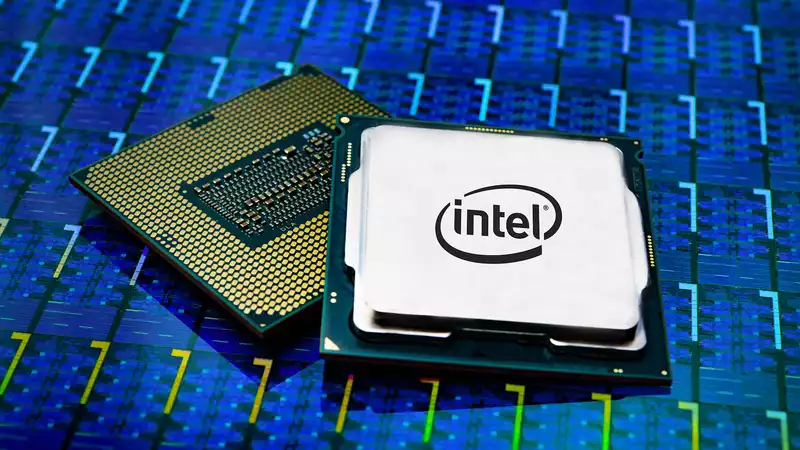Like Alexander, Intel is also in the middle of a terrible, horrible, no-good, very bad situation. It contains more than 20 GB of confidential files, and the person responsible says there are even more confidential files.
The link to this data was posted by Swiss IT consultant Till Kottmann (via Tom's Hardware), who says this is the "first 20GB release in a series of massive Intel leaks."
"Most of what is written here has never been released anywhere before and is classified under NDA or Intel Restricted Secret," Kottmann added.
This is an extensive leak that includes various schematics and other sensitive information that Intel shares with its hardware partners to develop its products, including motherboards and BIOS code.
ArsTechnica staff have analyzed the contents of this extensive data dump and have stated that most of it applies to Intel's CPU platforms, including the yet-to-be-released Tiger Lake. They also found documents related to other projects, such as the sensor package Intel built for SpaceX.
According to Kottmann, the anonymous leaker behind the data dump "infiltrated" Intel to obtain the data, but Intel believes this is not the case.
"We are investigating this situation. We believe that this information was leaked from the Intel Resource and Design Center, which hosts information used by customers, partners, and other external parties who have registered for access. We believe that individuals with access have downloaded and shared this data," Intel said in a statement.
In a conversation between Kottmann and an anonymous source, the source claimed to have discovered the data was hosted on a server that was not properly protected.
"Another funny thing is that the zip files are sometimes password protected. Most of them use the password Intel123 or lowercase intel123," the source said.
Even if either of those were in fact the password, it is unlikely that the folder contained top secret information. Nevertheless, this situation is not favorable to Intel.


Comments